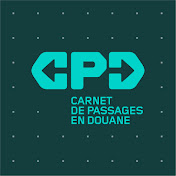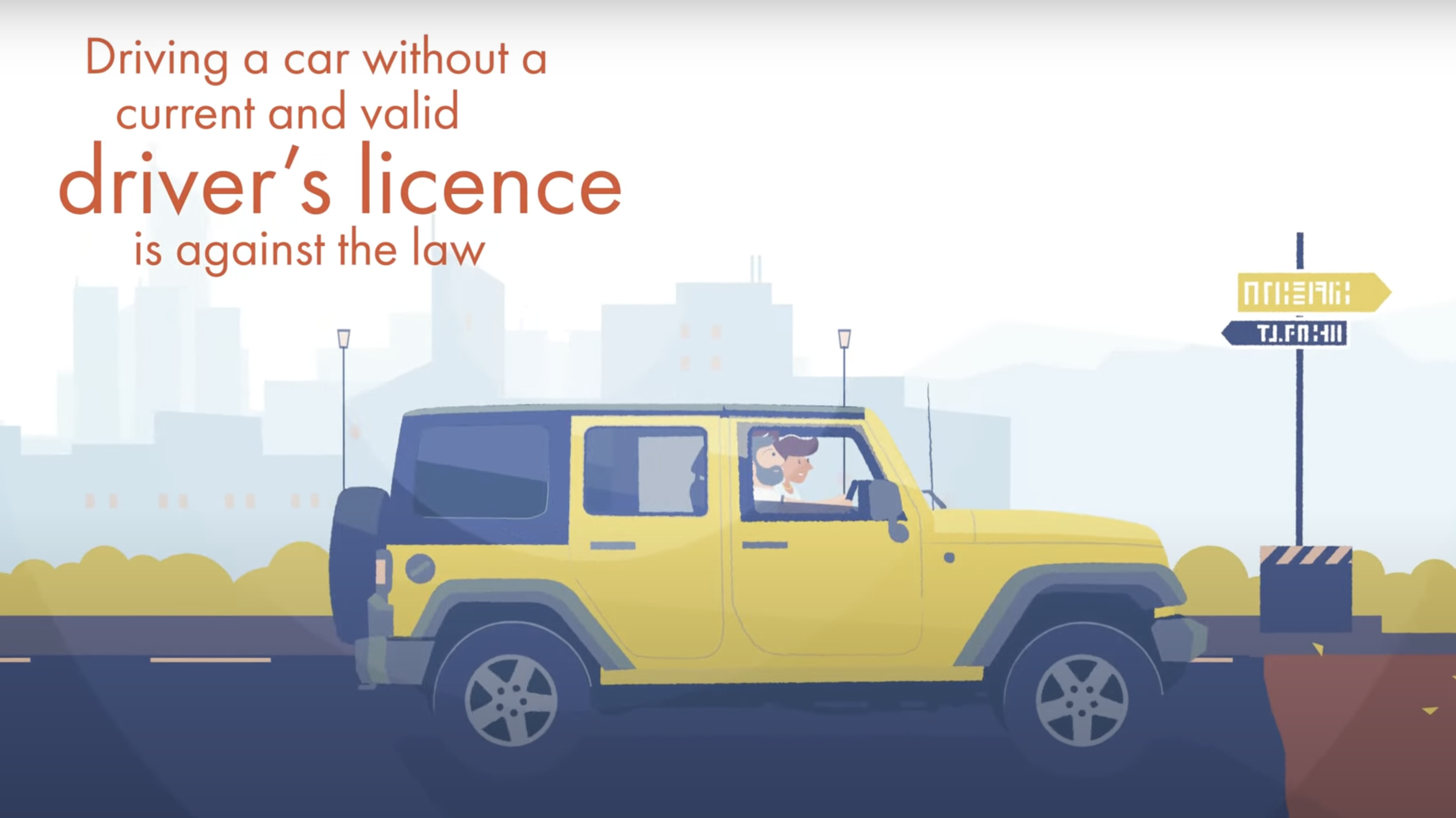France
PART 1 - DRIVING WITH A DISABILITY
Regulations for people with disabilities to obtain driving licences
The decree of December 21, 2005 outlines various medical conditions or disabilities that may affect the issuance or maintenance of a driving license, categorized into six classes:
1. **Class I: Cardiovascular Pathology**: Certain cardiovascular conditions may require restrictions on driving, with the approval relying on clinical data and specialist opinions. Temporary suitability may be issued for conditions requiring regular monitoring.
2. **Class II: Visual Acuity**: Candidates must undergo examinations to ensure adequate visual acuity for driving. Drivers not meeting standards for visual field or acuity may be considered for a license in exceptional cases, subject to further examination to ensure safety.
3. **Class III: Hearing Impairments and Respiratory Conditions**: Severe conditions may necessitate specialist advice or license restrictions.
4. **Class IV: Addictions, Neurological, and Psychiatric Conditions**: Vigilance is recommended for these conditions due to their impact on road safety, with specialist advice if necessary.
5. **Class V: Locomotive Disabilities**: Physical disabilities are assessed to determine if they impede efficient vehicle control, with practical tests if needed. Prosthetic devices and vehicle adaptations are evaluated for safety during driving tests.
6. **Class VI: Metabolic Pathology and Transplantation**: Conditions such as kidney dialysis, diabetes, and organ transplants require specialist medical advice.
Vehicle type and adaptation to controls
1.Distinction: Wheelchair users (UFR) access vehicles from the rear and typically remain in their wheelchair, while PRMs may use easy access devices and sit in adapted seats.
2. Access and Fixation: Vehicles must have anchor points and straps to secure wheelchairs, with specific dimensions for space required by the wheelchair user. Lowering the vehicle floor may be necessary for adequate access.
3. Seating Arrangements: PRMs typically use anchored seats, while UFRs remain in their wheelchairs, anchored with straps and a 3-point seat belt.
4. Possible Modifications: Modifications such as lowering the car floor, reversing pedals, or adjusting braking and acceleration systems may be made based on the individual’s disability and needs.
5. Collaboration and Assessment: Detailed planning involves collaboration between the disabled individual, their doctor, occupational therapists, and driving schools. The doctor assigns a code corresponding to potential solutions, while occupational therapists ensure the proposed adaptations meet the individual’s needs. Driving schools may provide training on the adapted driving position.
Application to foreign driving licence holders
EU/EEA member countries have harmonized driving licenses, making them easily readable when traveling within the EU/EEA. Holders of EU/EEA licenses must respect the arrangements and restrictions specified on their licenses when driving in France.
Foreign Drivers in France:
Tourist Trip: Foreign drivers are authorized to drive in France with their foreign license without specific conditions.
Longer Stay: Foreign drivers are treated similarly to any foreigner wishing to settle in France, and rules may vary based on the country of origin and existing agreements between France and the foreign driver’s country.
Requirements for Drivers with Foreign Licenses:
Drivers with foreign licenses issued outside the EU/EEA must observe any restrictions or arrangements specified on their license, even when accompanied by an international license or translation. This requirement is outlined in the decree of January 12, 2012.
Responsible Agencies
For further information from the French national government regarding driver licensing and vehicle adaptations, please visit the following website:
PART 2 - PARKING CARDS
Eligibility for disability parking cards
Anyone with significant and long term effect on their ability to walk or move independently and those dependent on an accompanying person
Reserved parking space availability
On street (public and private) and in all areas open to the public
Parking concessions for people with disabilities
Free and without time limit, though some local authorities
may fix a time limit of not less than 12 hours.
Application to foreign driving licence holders
the same concessions available to individuals with a disability visiting France
Disability parking spaces
minimum dimensions for the size of a parking space reserved for a person with a disability:
3.3 m x 5.0 m
Responsible Agencies
Name of Department/Ministry: Ministère des Transports
Name of section responsible: Direction Générale des Infrastructures, des Transports et de la Mer/ Direction des Services de Transport/Sousdirection des transports ferroviaires et collectifs et des déplacements urbains
phone number for queries: 01 40 81 73 12
PART 3 - HIRING A CAR IF YOU HAVE A DISABILITY
Where to hire a vehicle
some are available from city centre outlets and on websites (eg. wheeliz)


